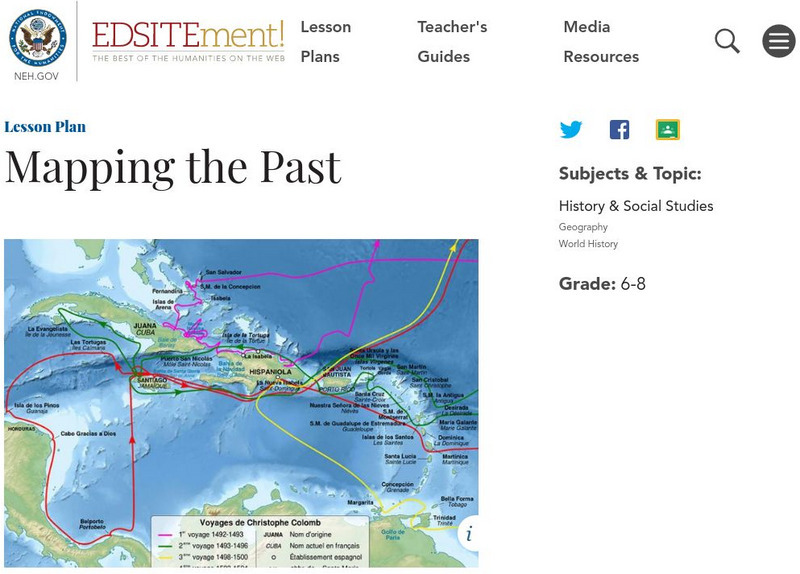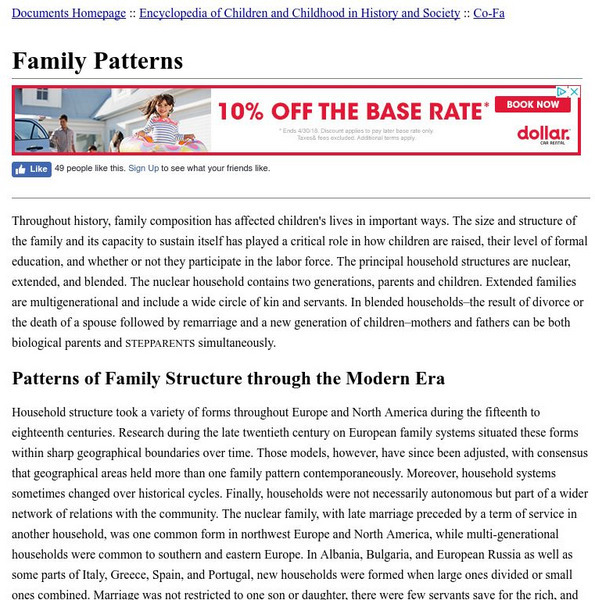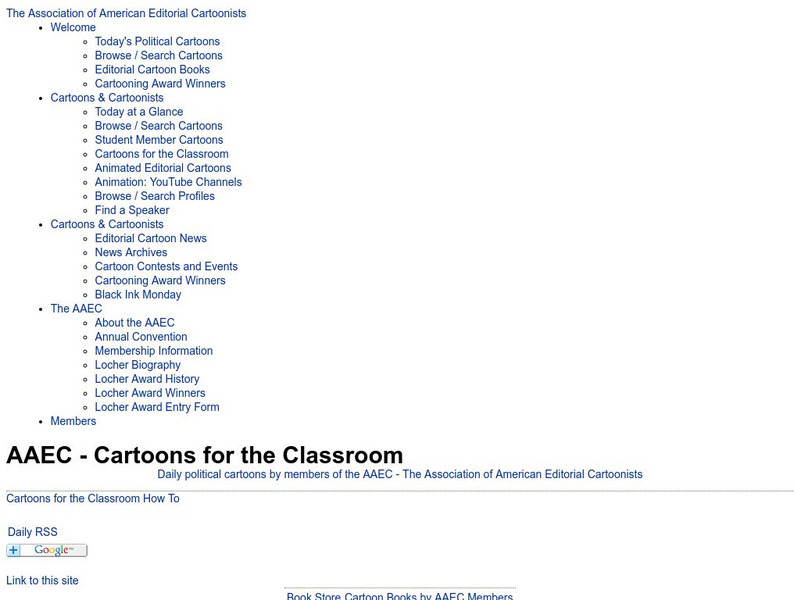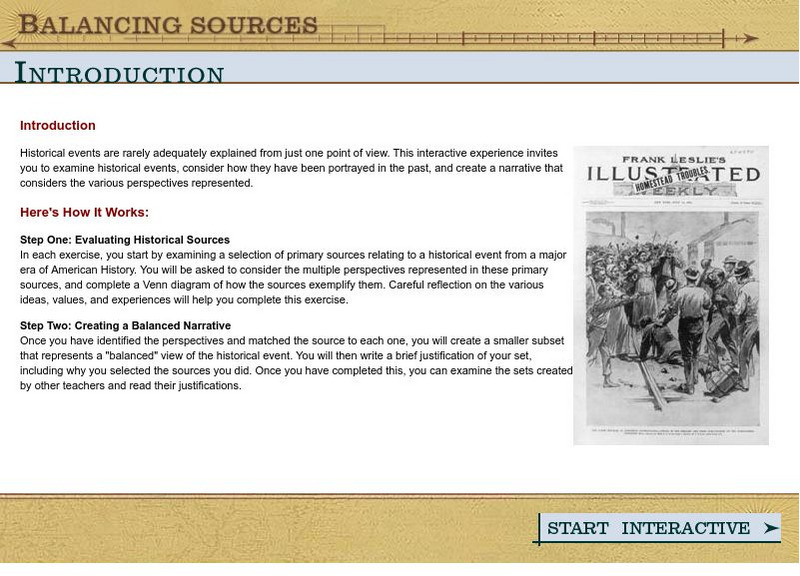National Endowment for the Humanities
The Question of Representation at the 1787 Convention
While the Constitution is considered enshrined today, its current form is the result of haggling at a secret convention in 1787. Using transcripts from the meetings and various plans as drafted by the delegates, class members unpack the...
iCivics
DBQuest: The Nashville Sit-In Movement
What was it like to be a part of the sit-ins during the Civil Rights Movement? Learners consider the question and whether the protests were effective using an online documents-based investigation. The program allows for virtual...
Eastconn
Learning to Analyze Political Cartoons with Lincoln as a Case Study
Discover the five main elements political cartoonists use—symbolism, captioning and labels, analogy, irony, and exaggeration—to convey their point of view.
Active 770
Greek Mythology Research Project
As part of a study of Greek mythology, class members research a god, goddess, hero, or creature and prepare a PowerPoint to present their subject to the class.
Curated OER
Centers of the Storm: The Lyceum and the Circle at the University of Mississippi
Greek Revival architecture and the Civil Rights Movement? Sure! Examine how the Lyceum and Circle, two historic buildings located on the campus of the University of Mississippi, relate to integration and the 1962 riot on the university...
Houghton Mifflin Harcourt
Renaissance and Reformation Chapter Test
This simple textbook assessment begins with a series of five short answer questions on major ideas from the Renaissance and Reformation. Then, young historians use their knowledge of artistic styles and developments from the period to...
Discovery Education
Women Monarchs and Heads of State
From Queen Elizabeth I of England in the sixteenth century to Prime Minister Benazir Bhutto of Pakistan in modern times, your class members will assume the roles of influential female rulers and take part in an informative and engaging...
Curated OER
The Spread of Enlightenment Ideas
Looking for a simple and straightforward reference on the Enlightenment for your young historians? Check out this list of key terms and important figures from the period, followed by a traditional assessment where your learners will be...
Curated OER
Causes of the Civil War: Missouri Compromise, Compromise of 1850 and Kansas Nebraska Act
How did the Missouri Compromise, the Compromise of 1850, and the Kansas-Nebraska Act contribute to the growing tensions that led to the Civil war? To better understand the events that led to the Civil War, young historians engage in a...
National Endowment for the Humanities
Chinua Achebe's Things Fall Apart: Oral and Literary Strategies
Readers are first introduced to Chinua Achebe's Things Fall Apart by making a map of Africa. They will better understand the novel's historical and literary contexts, European and African literary traditions, and how...
Library of Congress
Loc: How to Find a Novel,etc. Without Knowing Its Title or Author
Use this guide to help identify a literary work when they know only its plot or subject, or other textual information such as a character's name, a line of poetry, or a unique word or phrase. Trusted databases, library catalogs, and more...
Curated OER
History Matters: The u.s. Survey Course on the Web
Designed for high school and college teachers and learners, History Matters serves as a gateway to web resources and offers other useful materials for teaching U.S. history.
Georgia Department of Education
Ga Virtual Learning: "Compare/contrast Essay Help Sheet" [Pdf]
This is the 2-page PDF "Compare/Contrast Essay Help Sheet" which features an explanation of the three methods of comparison and contrast and a list of transition words that compare/contrast.
National Endowment for the Humanities
Neh: Edsit Ement: Mapping the Past
This lesson plan requires the students to examine past maps from various cultures in order to learn how the people from that time period interacted and understood their world.
HyperHistory Online
Hyper History Online
HyperHistory Online houses a collection of timelines that graphically displays 3,000 years of world history. Uses charts, images, maps, and color-coded text to reinforce the relationships among important persons and significant events in...
University of Missouri
Interpreting Citations Tutorial
Want to make sense of the crazy-looking symbols and abbreviations in many periodical indexes? This clearly presented, quick tutorial can show you exactly what each strange symbol and abbreviation means.
Smithsonian Institution
Smithsonian Education: Artifact & Analysis: Historical Interpretation
A companion to American history courses, Artifact & Analysis features historical artifacts and documents about consumerism and the nation expanding, teacher's guide, writing assignments, and essays.
Internet FAQ Archive
Faq Archives: Encyclopedia of Children and Childhood in History and Society: Family Patterns
The structure of families in medieval and modern times, and the patterns they follow are examined. These include topics such as household composition, age of marriage, life expectancy, inheritance customs, financial resources, disruptive...
Newspapers in Education
Ni Eonline: Cartoons for the Classroom: Lessons Library
Newspapers in Education and the Association of American Editorial Cartoonists publish simple, inventive lesson plans and ideas for classes in editorial cartooning, caption writing, and news analysis. Lessons include "cartoon blanks" that...
Other
Teaching and Learning Resources: Learning Theories
Presents a table comparing three major learning theories - behaviorism, cognitivism, and constructivism. Lists major theorists for each, the role of the teacher, key ideas, how learning happens, the place of educational technology,...
Other
George W. Bush Library: What Do Historical Objects Tell Me? [Pdf]
A comprehensive lesson training learners to analyze historical objects to determine features, reliability, authenticity, and provenance through observation skills encouraged through a variety of activities.
Other
Suny Albany: Talking History
SUNY Albany presents archives of the weekly broadcast/internet radio program, Talking History, begun in 1996 and focusing on all aspects of history. The goal is "to provide teachers, students, researchers and the general public with as...
PBS
Pbs News Hour Extra: A Picture Is Worth a Thousand Words
A lesson where students examine documentary photographs, the events that were taking place when they were taken, and where they fit into American history. They will also look at the effect a photograph can have on people's emotions, and...
Annenberg Foundation
Annenberg Learner: Balancing Sources
This is from an American history course designed for teachers to enrich their knowledge and their teaching practice. This interactive is a set of nine exercises where teachers evaluate primary resources related to a specific event in...










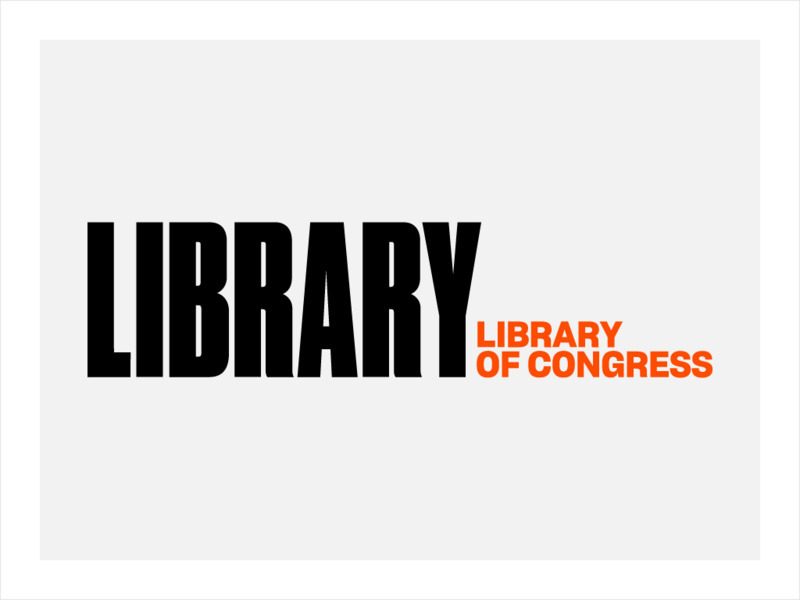
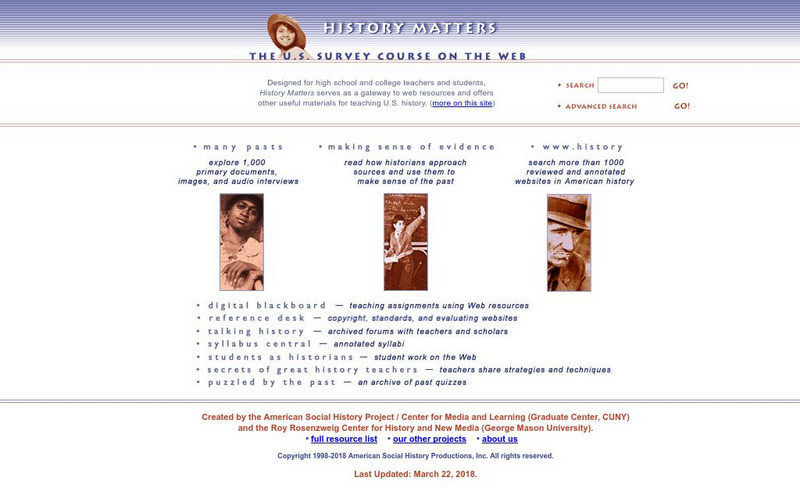
![Ga Virtual Learning: "Compare/contrast Essay Help Sheet" [Pdf] Unit Plan Ga Virtual Learning: "Compare/contrast Essay Help Sheet" [Pdf] Unit Plan](https://static.lp.lexp.cloud/images/attachment_defaults/resource/large/FPO-knovation.png)
